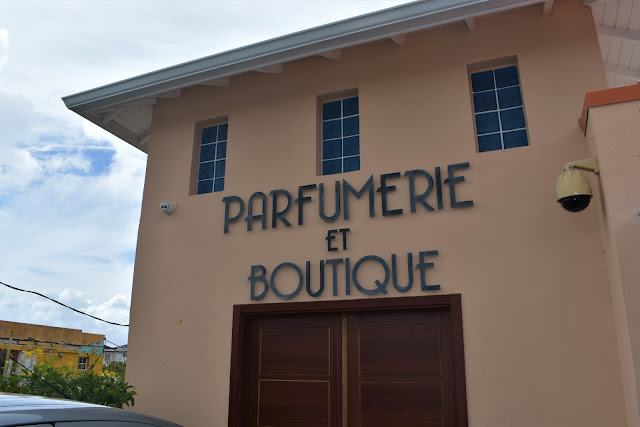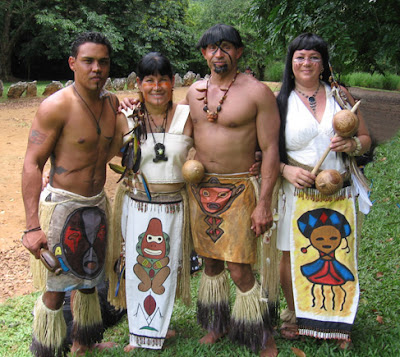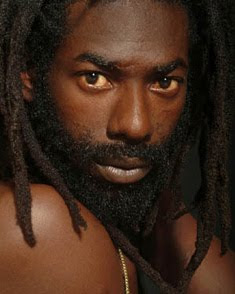Obrigada


 As I writer, I 've developed an ear for language. I love to soak in speech cadences and the rhythms of different dialects. Although I've heard lots of Portuguese crooned from my tons of Brazilian, Cape Verdean and a few Portuguese Cd's, I wasn't ready for what I heard in Brazil. I felt like I was pushed into this world that lured me in with familiar Latin words and then shut me down with crazy interpretations. I pride myself on grasping enough of a culture so that I can blend in fairly quickly. Brazilians embraced me first as a Rio Carioca and then as a Salvador Baiana but I felt like a fake as soon as I opened my mouth. My brain couldn't process the sounds of the words and my mouth couldn't spit them out. Nothing made sense to me and I felt mentally crippled more than a few times. It might be a cliche but one thing about Brazilians is that they are genuinely warm and free-spirited. Even though my speech sounded like a clunky blend of grammar school Spanish topped with bad Eastern European inflections, I never felt patronized or ridiculed. The locals communicated though smiles, through gestures and through gifts.
As I writer, I 've developed an ear for language. I love to soak in speech cadences and the rhythms of different dialects. Although I've heard lots of Portuguese crooned from my tons of Brazilian, Cape Verdean and a few Portuguese Cd's, I wasn't ready for what I heard in Brazil. I felt like I was pushed into this world that lured me in with familiar Latin words and then shut me down with crazy interpretations. I pride myself on grasping enough of a culture so that I can blend in fairly quickly. Brazilians embraced me first as a Rio Carioca and then as a Salvador Baiana but I felt like a fake as soon as I opened my mouth. My brain couldn't process the sounds of the words and my mouth couldn't spit them out. Nothing made sense to me and I felt mentally crippled more than a few times. It might be a cliche but one thing about Brazilians is that they are genuinely warm and free-spirited. Even though my speech sounded like a clunky blend of grammar school Spanish topped with bad Eastern European inflections, I never felt patronized or ridiculed. The locals communicated though smiles, through gestures and through gifts. And so, the one word that I mastered in Portuguese was obrigada, which means thank you. It was the one word that I found myself having to use the most often because Brazilians are generous, open-hearted people. I kept having to say obrigada for another decadent dish a waiter would bring without my asking. Obrigada to Aparacida, the Yansa priestess who pressed her precious candomble beads into my hands as a gift after she invited me to a private St. Joan candomble ceremony. After repeating it so many times, I even got fancy with it, tossing out brigada like the locals. Brazil itself offers much to say brigada for, like the graffiti that tells more stories than any guide, the surreal Salvador coastline or the lush splash of parrot flowers (what we call poinsettias only more fabulous) that line the south coast. Brazil showed me that there are many ways to communicate and many ways to be thankful.




Comments
Obrigada for this posta, I'd forgotten that Brazilians use Portugese. What other language do they use?